Introduction:
For decades, the cola industry has been dominated by two major players: Pepsi and Coca-Cola often referred to as Coke. These two beverage giants have been battling for brand supremacy in the market for over a century, with a competition that has gone beyond the taste of their products to advertising, marketing, and even celebrity endorsements.
A Brief History:
Coca-Cola, the first cola drink, was invented in 1886 by pharmacist John Pemberton in Atlanta, Georgia. Pepsi was created 12 years later in New Bern, North Carolina by Caleb Bradham, a pharmacist who named the drink after the digestive enzyme pepsin.
Coke has a long history and was the first to use marketing campaigns to build its brand. The famous “Coca-Cola Santa Claus” ad campaign in 1931 helped the brand become synonymous with Christmas. Pepsi, on the other hand, was the first cola to introduce the 12-ounce bottle in the 1940s, which quickly became the industry standard.
Competition and Tactics:
Since the early days of the cola industry, Pepsi and Coke have used different tactics to compete. Coca-Cola has traditionally focused on its iconic brand image and reputation, while Pepsi has often taken a more playful and humorous approach to its advertising.
One of Pepsi’s most successful campaigns was the “Pepsi Challenge,” which began in 1975. The campaign featured blind taste tests between Pepsi and Coke, with most participants preferring Pepsi’s taste. This campaign helped to increase Pepsi’s market share and establish it as a formidable competitor to Coke.
In response, Coca-Cola released a new formula in 1985 called “New Coke.” However, this change was not well received by the public, and Coke was forced to bring back the original formula, now known as “Coca-Cola Classic,” just a few months later.
In the 1990s, both companies began focusing more on celebrity endorsements to build their brands. Coca-Cola signed deals with celebrities like Michael Jordan, while Pepsi used superstars like Britney Spears and Beyoncé in their ads.
In recent years, both companies have turned their attention to healthier options. Pepsi introduced “PepsiCo,” a new corporate entity that includes a range of healthier beverages and snacks, while Coca-Cola has launched a number of low-sugar and zero-sugar options to cater to health-conscious consumers.
Implementation and Results:
In order to maintain their positions in the market, Pepsi and Coca-Cola have implemented a range of strategies over the years. These include marketing campaigns, product innovation, and celebrity endorsements.
One of Pepsi’s most successful campaigns was the “Pepsi Challenge,” which led to a significant increase in market share. The campaign was so successful that it was brought back in the 2000s, with the same blind taste tests between Pepsi and Coke.
Coca-Cola’s attempt to change its formula with “New Coke” in the 1980s did not have the desired result. However, the controversy surrounding the change helped to keep Coke in the headlines and reinforce its brand image as a timeless classic.
More recently, both companies have focused on developing healthier options for consumers. PepsiCo’s “Better for You” portfolio includes a range of low-calorie and low-sugar options, such as Bubly sparkling water and Tropicana juices with reduced sugar. Coca-Cola has also launched a range of healthier options, including Diet Coke, Coca-Cola Zero, and Coca-Cola Life.
Overall, the battle for brand supremacy between Pepsi and Coca-Cola has been a fascinating one, with both companies constantly adapting their strategies to stay ahead. While the cola industry may face new challenges in the future, it is clear that these two giants will continue to compete for dominance in the market.
If you want to stay informed about the latest global brand and market research, join the World Brand Affairs community today. Sign up for our newsletter and receive powerful stories about top brands and leaders across the world straight to your inbox. Don’t miss out on the insights and inspiration that can help your brand succeed in today’s competitive market. Join the conversation today and be part of the World Brand Affairs community.



